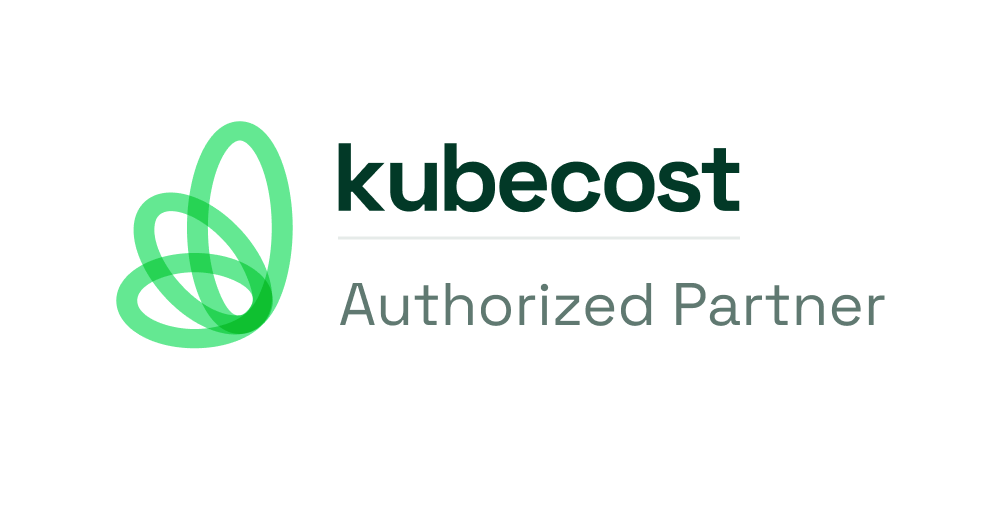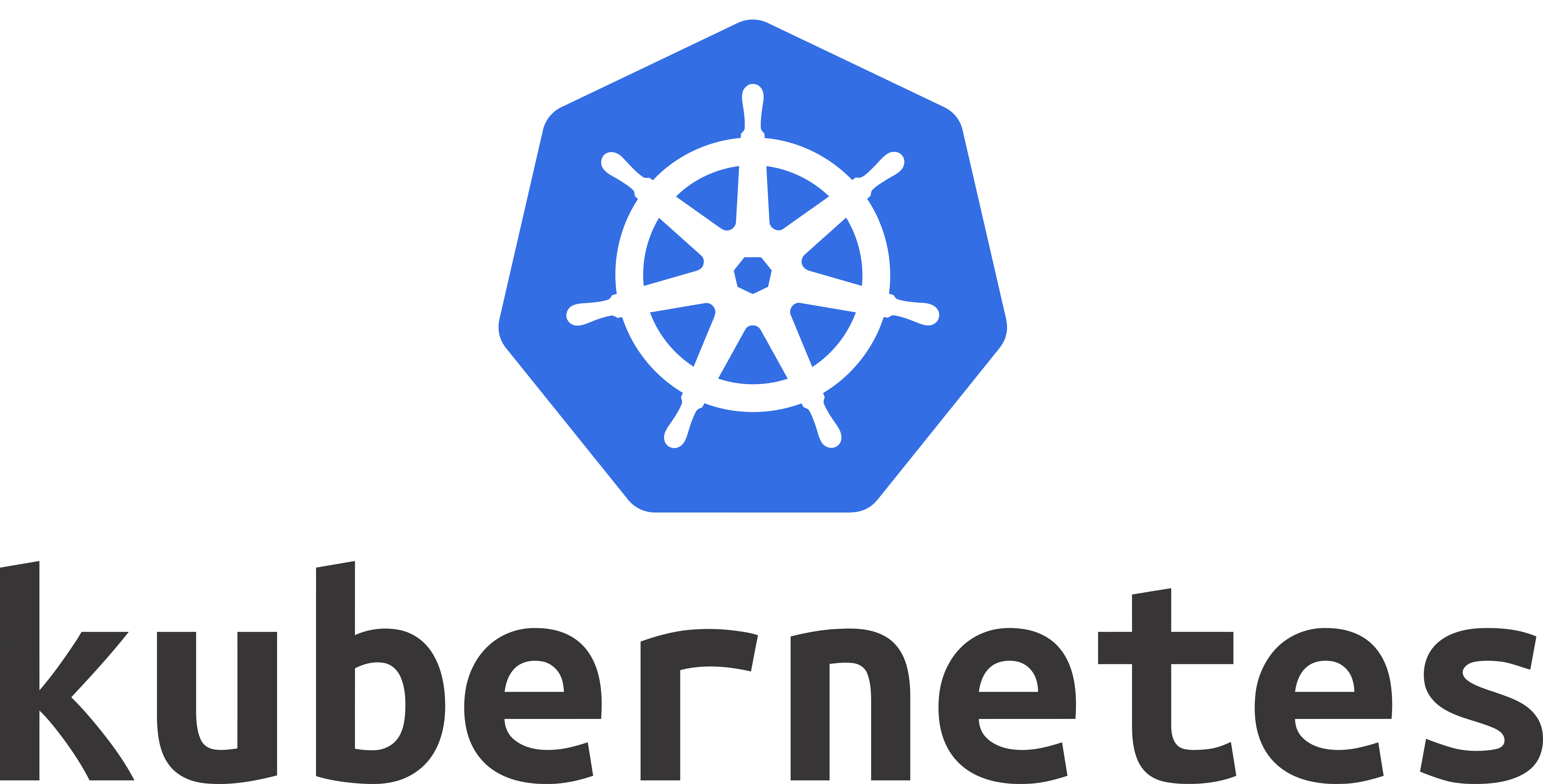As organizations increasingly adopt Kubernetes for their cloud-native applications, controlling and optimizing cloud spending becomes a critical aspect of overall business management.
FinOps helps organizations address this challenge by providing a set of best practices and processes to monitor, control, and optimize Kubernetes-related costs.
In this post, we have a look into FinOps, discuss some best practices, explore why you need it, and then review how Kubecost can assist in implementing a successful FinOps strategy.
What is FinOps?
FinOps is a framework that enables organizations to manage and optimize their spending by bringing together finance, technology, and business teams.
FinOps focuses on three key principles:
Visibility: Gaining a clear understanding of Kubernetes resource usage and associated costs across the organization.
Optimization: Identifying opportunities to reduce costs without sacrificing performance or reliability.
Accountability: Ensuring that teams and individuals understand and take responsibility for their Kubernetes-related spending.
Why You Need FinOps
You are likely to need FinOps because:
Kubernetes-related costs can quickly spiral out of control without proper management and oversight.
Effective cost management helps organizations maximize the value they derive from their Kubernetes investments.
FinOps for Kubernetes enables better collaboration between finance, technology, and business teams, leading to more informed decision-making and resource allocation.
Implementing FinOps for Kubernetes best practices can drive significant cost savings and enhance overall operational efficiency.
What are some Best Practices
Here are some best practices to effectively implement FinOps in your organization:
Establish a FinOps team: Create a cross-functional team that includes members from finance, technology, and business units to collaborate on Kubernetes cost management.
Implement a Kubernetes-native tagging strategy: Use labels and annotations consistently across all Kubernetes resources to track usage and costs by project, team, or any other relevant dimension.
Monitor and analyze Kubernetes costs: Leverage Kubernetes-native cost management tools or third-party solutions like Kubecost to regularly monitor and analyze your Kubernetes spending.
Right-size your Kubernetes resources: Periodically review your Kubernetes resources, such as CPU, memory, and storage allocations, to ensure that they are appropriately sized for your needs, and adjust them accordingly to avoid over-provisioning and wastage.
Optimize Kubernetes cluster scaling: Implement cluster auto-scaling and pod auto-scaling to ensure optimal resource utilization based on your application’s requirements.
Implement cost-aware development practices: Encourage development teams to be mindful of cost implications when designing, deploying, and managing Kubernetes infrastructure.
How Kubecost Can Assist with FinOps
Kubecost is a powerful tool that can help organizations implement FinOps for Kubernetes.
Kubecost provides:
Cost visibility: Kubecost enables granular visibility into Kubernetes resource usage and costs, helping organizations understand and allocate their Kubernetes spending more effectively.
Real-time cost monitoring: Kubecost offers real-time cost monitoring and alerting, ensuring that teams can quickly identify and address cost anomalies.
Cost allocation and chargeback: Kubecost allows organizations to allocate Kubernetes costs to teams, projects, or any other relevant dimension, fostering a culture of cost accountability.
Resource optimization: Kubecost helps identify over- or under-utilized resources, providing insights and recommendations to right-size and optimize your Kubernetes infrastructure.
Integration with cloud cost management tools: Kubecost can be integrated with cloud-native cost management tools or third-party solutions, providing a comprehensive view of your overall Kubernetes-related spending.
Learn More
FinOps is a vital discipline for organizations looking to optimize their Kubernetes-related spending and maximize the value of their cloud-native investments. By implementing FinOps best practices and leveraging tools like Kubecost, organizations can gain better visibility into their Kubernetes costs, optimize resource utilization, and foster a culture of cost accountability.
Implementing FinOps not only drives cost savings but also enhances overall operational efficiency by ensuring that development and operations teams are more mindful of the financial implications of their decisions. By adopting a Kubernetes-focused FinOps approach, organizations can strike the right balance between performance, reliability, and cost, ultimately enabling them to derive greater value from their Kubernetes deployments.
If you’re looking to optimize your Kubernetes spending and implement FinOps best practices, our team at Sakura Sky can help you navigate the complexities and tailor a solution that best fits your organization’s needs.
Contact us to learn more.








